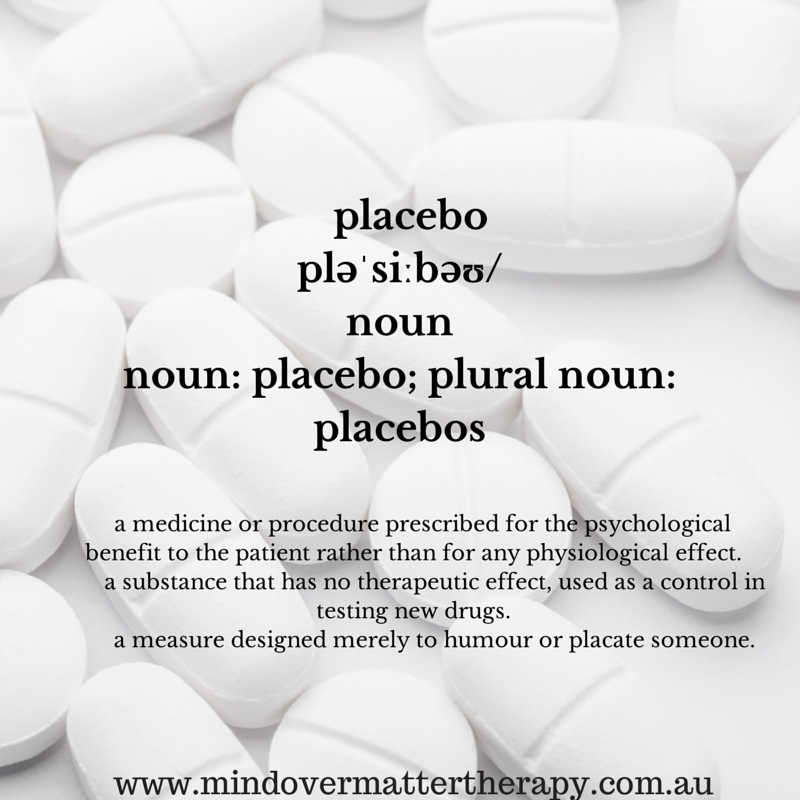I came across an article recently in Essays.co.uk that got me thinking. When we think about hypnosis and how it works I believe that all the answers are inside your head. My role as a Hypnotherapist is to guide and coach you to where you need to go to find the answers. Client centred hypnotherapy is all about dealing with what comes up and changing direction if necessary to help you get the very best outcome.
This essay particularly caught my attention as it talks about the power of the brain (the subconscious mind) in actually healing diseases or making things worse – what you think and believe is often what you get. What is interesting is that what Mr Wright, the patient, believed to be true actually became true!
Our minds are very powerful, and work with our brains to operate our body. Our mind plays a key role in our memory, feeling, intelligence, reason, perception, judgment (Restak, 1988). Sometimes we are unable to control our own mind. For centuries, we have been trying to find cures for various illnesses. Doctors have used different methods to treat ailments by prescribing oral medication, physical treatment, and/or vaccination.
Researchers have been using placebos to understand how the brain can control its body to heal (Niemi, 2009). Placebos are used as a control in experiments as a pill or injection with no active ingredients (Wade & Tavris, 2008). In other words, it is a fake treatment. There have been many cases where doctors have used the placebo effect to heal their patients. Maj-Britt Niemi (2009) wrote about many case studies about doctors using a placebo on their patients.
In one of his articles, he wrote about a man named Mr. Wright, who was dying from cancer of the lymph nodes. This man had tumors on his neck, groin, chest, and abdomen. Mr. Wright heard of a new anticancer drug named Krebiozen, and believed that it would cure him. He had so much confidence that this drug was going to be the answer for his cure. After his first injection of the Krebiozen, his tumors shrunk by half, and he was feeling better within days. He was later released from the hospital and continued to improve until about two months later. At that time Mr Wright became aware of reports questioning the efficacy of Krebiozen and the fact that the drug was not the wonder drug they thought it was, soon after reading this he suffered a relapse. He discussed this with his Doctors, and a few weeks later his doctor told him that there was an enhanced version of the drug that would be more effective; he convinced Mr Wright that he should try it. Unknown to Mr Wright there was no enhanced version of the drug, his Dr had created a Placebo. Mr. Wright was very delighted to hear the news, and accepted the new drug. The doctors gave him an injection with no active ingredients. The results were better than the first time and within a few days he was released from the hospital. He remained healthy until about two months later; he read an article stating that Krebiozen was ineffective and would be recalled. He died within a few weeks.
Doctors stated that Mr. Wright’s improvement was due to the placebo effect.” Restak, R. M. (1988). The Mind. New York: Bantam Books.”
Although the majority of clients who attend my clinic are able to turn their lives around and solve their problems permanently there are a few that relapse and this article got me thinking about why that is. What happens to the ones that stop believing and give up on the therapy? Is there something in their environment that takes that power away from them, stops them from feeling and responding the way they were before. Is their response to the negative chatter and doubt similar to the placebo effect in the Mr Wright story.
Let’s look at a real life case as an example:
Mr. A comes to see me in a extreme state of depression and after 2 sessions he starts to feel better than he’s felt in a long time. However Mr A is constantly told by family, friends, colleagues that hypnotherapy is rubbish, it’s all hype and it was a fluke, and try to justify other reasons that my client may be feeling better. Although Mr A had noticed positive change during and after our sessions the constant put down by his family and friends starts to take its toll and he is now questioning the therapy himself. He told me he was confused because of the mixed messages and eventually the pressure from his wife to stop wasting money resulted in him cancelling his 3rd session.
So how much influence do others have on sabotaging your effort to make change and turn your life around? How easy is it to create doubt?
Although hypnotherapy is a very fast and effective way to change habits and emotions it is not a magic pill. Most of my clients have been feeling anxious, depressed, fearful all their lives but its important to realise that often it takes time, commitment and support to ensure long term change. We are changing the neural pathways in the brain and the more positive the environment and encouragement a client gets in those early days the more chance they have of experiencing long term permanent change.
So how much control do you really have and can you Think Yourself Healthy. My main purpose is to encourage all my clients to embrace change and help them to believe that they can achieve anything they want to achieve. Our brains are incredibly powerful and we can overcome so much in our lives if we choose to believe that we CAN. As the old saying goes “Whether you think you can or you can’t, you’re right”. Having the support and love of the people you are closest to can be the difference between success and failure. So if you are trying to change something in your life consider surrounding yourself with positive, supportive, compassionate people, then watch your mind respond and your health improve.

